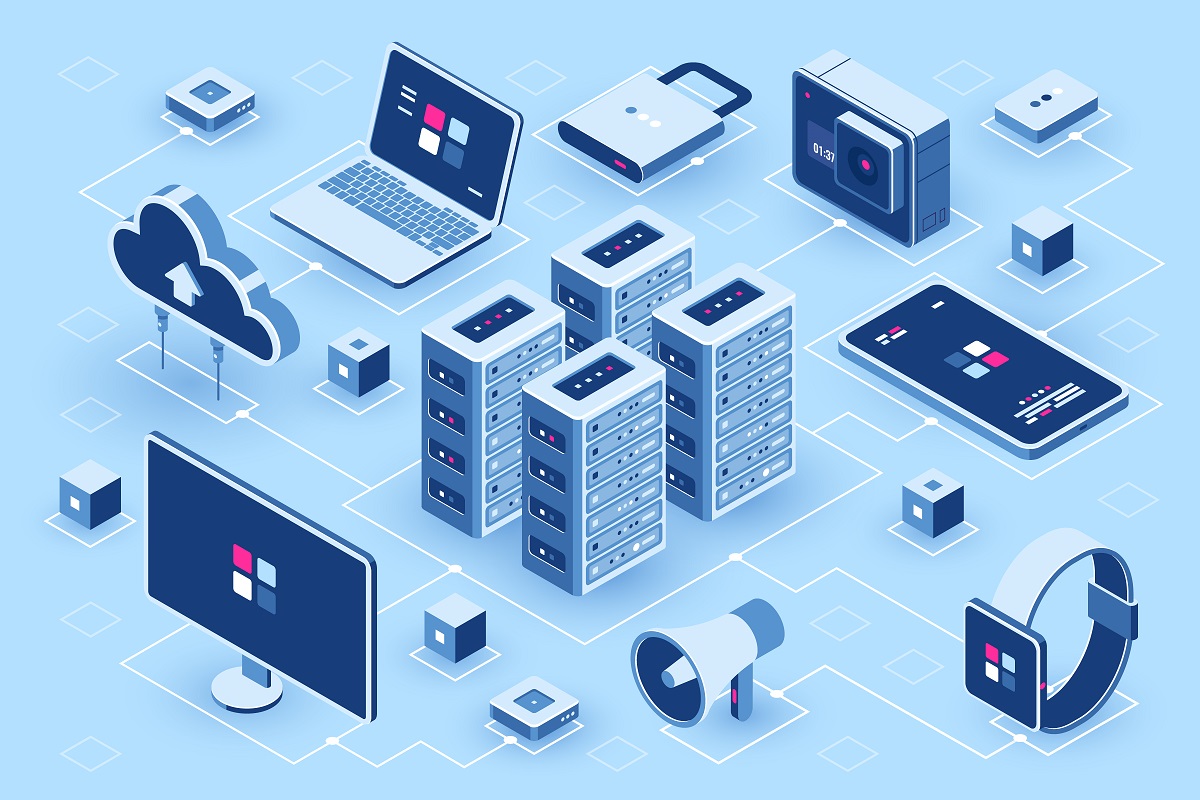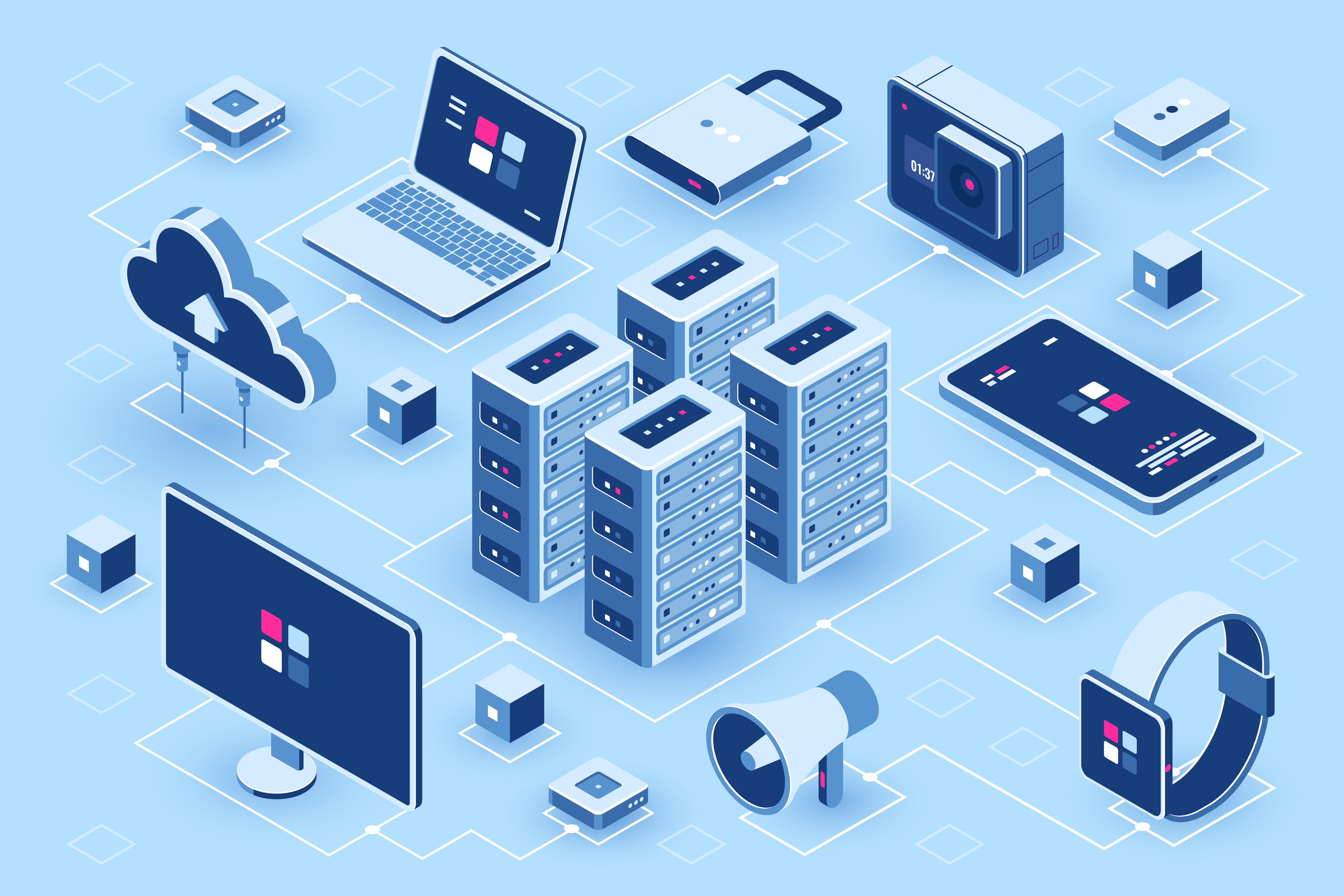The big data revolution is upon us. Whether you work in an office building, a factory or out in the field, you’ve likely used some form of data analytics and the Industrial Internet of Things (IIoT) at some point or another. Depending on your profession, you might even use it on a daily basis. Although some industries rely on these next-gen innovations more than others, nearly every single one benefits from the greater accessibility, heightened productivity and improved communications offered by the IIoT.
Understanding the Benefits in Manufacturing
Manufacturers enjoy numerous benefits from big data analytics and the IIoT. Apart from building a reputation for innovation and technology, some have experienced significant advantages as a result of their IIoT implementation:
Faster Integration of Automation
Much to the dismay of some, factories all around the world are already embracing industrial robotics. Proponents of technology insist that automation results in the loss of jobs, but recent studies and reports paint an entirely different picture. Instead of resulting in widespread layoffs, many manufacturers use robots in a way that complements their human workforce.
Increased Competitiveness
The manufacturing industry is, traditionally, a challenging profession. The rise of mobile connectivity, next-gen hardware and the IIoT elevates this competitiveness to a new level by providing deeper insight into market trends, knowledge of consumer needs and forecasts into future styles. According to recent reports, 67% of manufacturers are now more competitive thanks to the IIoT and big data analytics.
Less Downtime
Hardware downtime is a real productivity killer. Not only does it result in idle employees on the production line, but it also requires troubleshooting and maintenance from engineers. Instead of waiting until something goes wrong, some manufacturers now use big data and the IIoT to perform predictive or preventive maintenance on their machines. Some “smart” hardware can even self-diagnose and automatically shut down to avoid further damage.
Improved Research
The marriage between big data and the IIoT also lends itself to researching and reporting. Merck, a pharmaceutical firm that manufactures various vaccines, recently solved the low vaccine yield rates seen with some products via in-depth data collection, processing and analysis. Apart from utilizing the breakthrough in current products, scientists with Merck are already planning to integrate the solution in future vaccines. Similar studies and reports have the potential to impact factory operations in every sector across the globe.
Greater Customer Service
Much of your success in the manufacturing industry depends on the satisfaction of your customers and partners. Whereas many factories once built their business on providing standardized products, more consumers now want customized, built-to-order goods. Advanced sensors now provide alerts to field technicians regarding maintenance needs, RFID tags monitor the physical condition of goods and data-driven reports provide accurate recommendations for improving your customer service scores even further.
There are a plethora of reasons to make the move to the big data and the IIoT, some of which are unique to your specific profession or area of expertise. While this is not meant to be an exhaustive list of benefits, it covers some of the most advantageous perks of the IIoT and next-gen technology.
Leveraging Big Data in Manufacturing
It’s still in its infancy stage, but the IIoT is already taking the manufacturing industry by storm. Not only will the introduction of big data analytics result in greater research, competitiveness and customer service across the board, but it could lead to fundamental changes in the way manufacturers conduct business in the 21st century. Although there will always be some who prefer to stick with tradition, the IIoT is undoubtedly here to stay.















